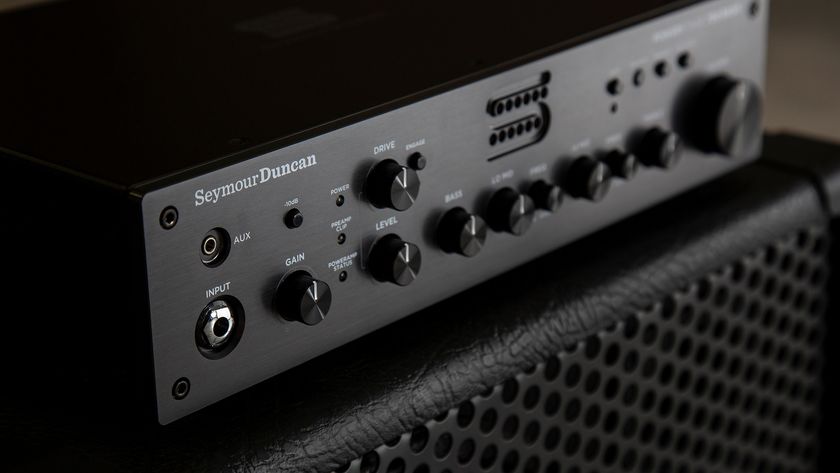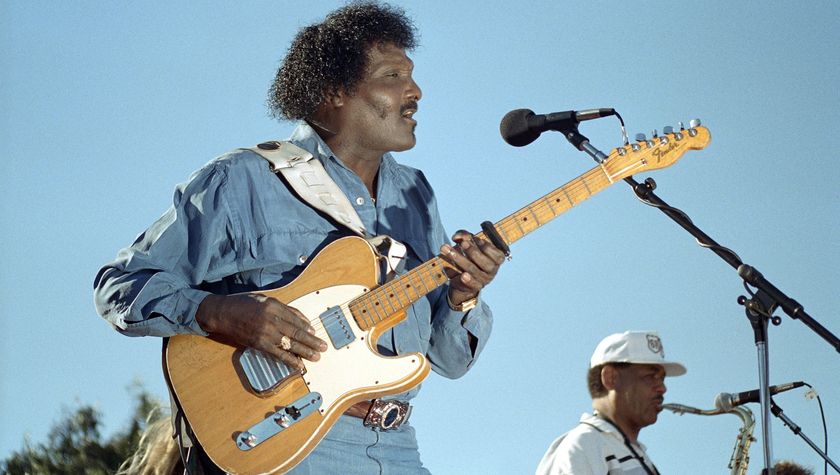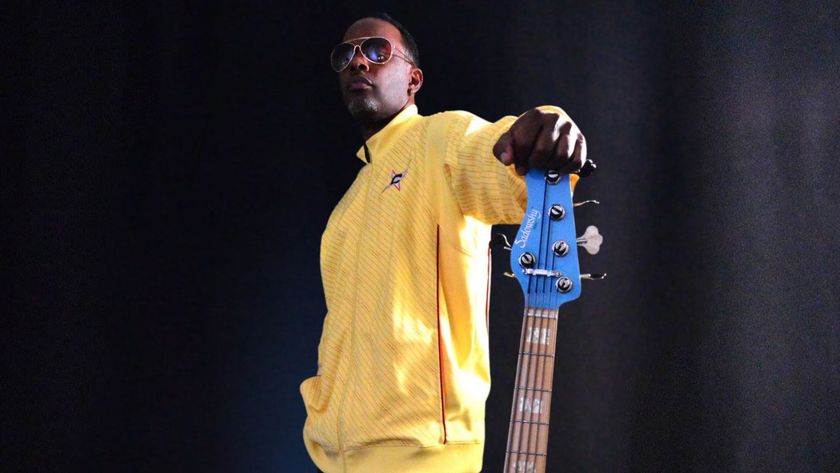“This band is all about putting on a show. We’ll happily play for three hours”: Meet Robin Davey – the stompbox connoisseur who loves long gigs, hates treble and runs a triple-amp rig with blues-folk dynamos Beaux Gris Gris & The Apocalypse
Beaux Gris Gris & The Apocalypse are bluesy, they're roosty and they'd play all night if you let 'em
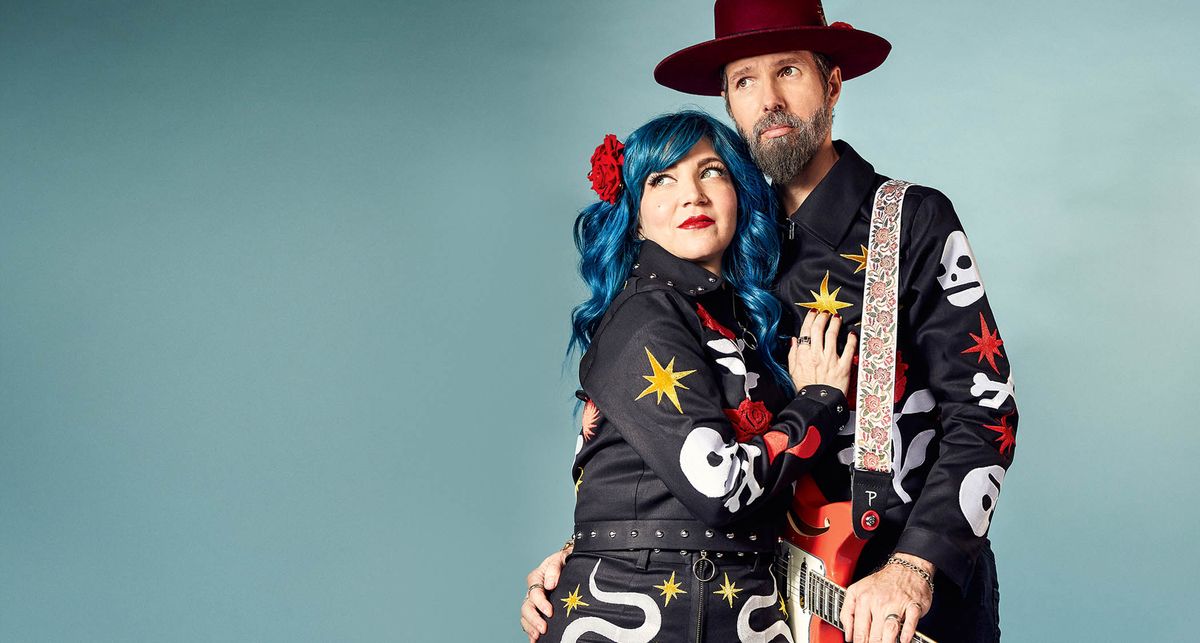
Heavily requested on rock radio stations thanks to their unique twist on bluesy Americana, Beaux Gris Gris & The Apocalypse are the kind of band that thrive in front of large crowds on hot summer days just as much as more intimate performances inside sweaty underground basements.
Formed by English guitarist Robin Davey – formerly of The Hoax – and singer Greta Valenti, the rootsy California-based group have just released their third album Hot Nostalgia Radio and toured the UK in July.
“This band is all about putting on a show,” says Robin. “We’ll happily play for three hours. We were forced to do long shows from the beginning, jamming in between bigger bands at festivals or closing the night as people leave the event. That was our grounding – people would just be walking past, and it was our job to grab their attention and keep them there!”
Given that he hosts Pedalpocalypse – a video podcast where he’s interviewed luminaries such as Steve Vai, Josh Smith and Kirk Fletcher about their favourite stompboxes – it should come as no surprise that Robin likes to keep his options wide open when it comes to tone.
His own desert island pedals include an MXR Classic Distortion, which he owns three of, a mini Tube Screamer, J. Rockett Flex Drive, MXR Phase 95, TC Electronic Spark and Vibe-1968 made by Kingtone – the company run by his brother Jesse, also formerly of The Hoax.
“I use a lot of these pedals more like a boost,” he continues. “I’ll have the output at full, the tone off and the drive off or almost off. You get the tone of the pedal but not too much extra dirt, and no treble. I hate treble, for some reason!
“Because my signal gets split three ways, I run certain pedals in each loop and others ahead of the split, running into all three amps. That seems to cure any phase issues and allows each sound to live in its own space.”
Get The Pick Newsletter
All the latest guitar news, interviews, lessons, reviews, deals and more, direct to your inbox!
It’s certainly a more intricate set up compared to his main guitar heroes, but the ethos and mission statement remains very much the same…
Ultimately, he’s a guitarist that wants to be heard. “Stevie Ray Vaughan and Billy Gibbons are two of my biggest influences,” smiles Robin. “I love Angus Young, too. There are certain guitar players that can fill stadiums with tones that have a character of their own. I guess that’s what we’re all aiming for, right?”
- Hot Nostalgia Radio is out now via Grow Vision.
Amit has been writing for titles like Total Guitar, MusicRadar and Guitar World for over a decade and counts Richie Kotzen, Guthrie Govan and Jeff Beck among his primary influences as a guitar player. He's worked for magazines like Kerrang!, Metal Hammer, Classic Rock, Prog, Record Collector, Planet Rock, Rhythm and Bass Player, as well as newspapers like Metro and The Independent, interviewing everyone from Ozzy Osbourne and Lemmy to Slash and Jimmy Page, and once even traded solos with a member of Slayer on a track released internationally. As a session guitarist, he's played alongside members of Judas Priest and Uriah Heep in London ensemble Metalworks, as well as handled lead guitars for legends like Glen Matlock (Sex Pistols, The Faces) and Stu Hamm (Steve Vai, Joe Satriani, G3).
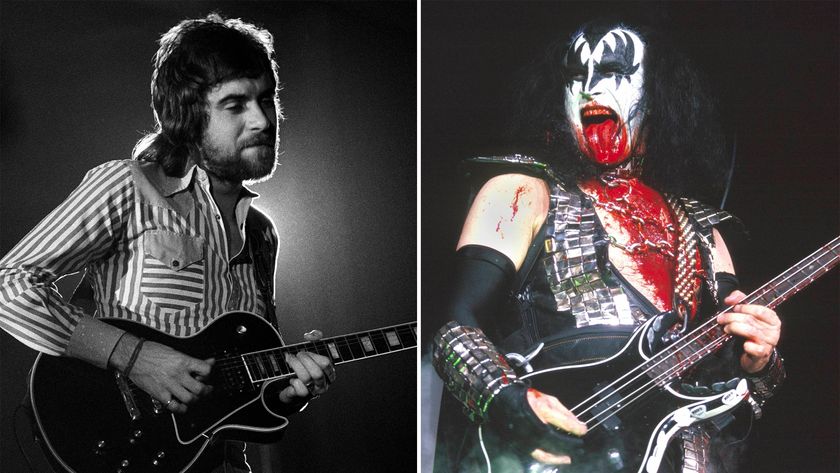
“I had to use the same microphone that Gene Simmons used with all the blood coming out of his mouth. Can you imagine that!”: Mick Rogers recalls Kiss supporting Manfred Mann's Earth Band in their early days

“Once Dave got his Roland Space Echo, it changed the vibe… that, and a lot of marijuana”: They inspired everyone from Oasis to the Smashing Pumpkins. Now English post-punk luminaries the Chameleons are back for more


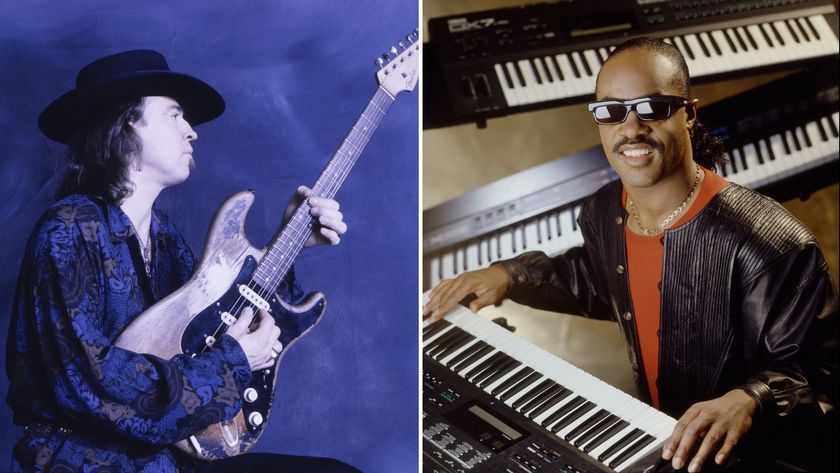
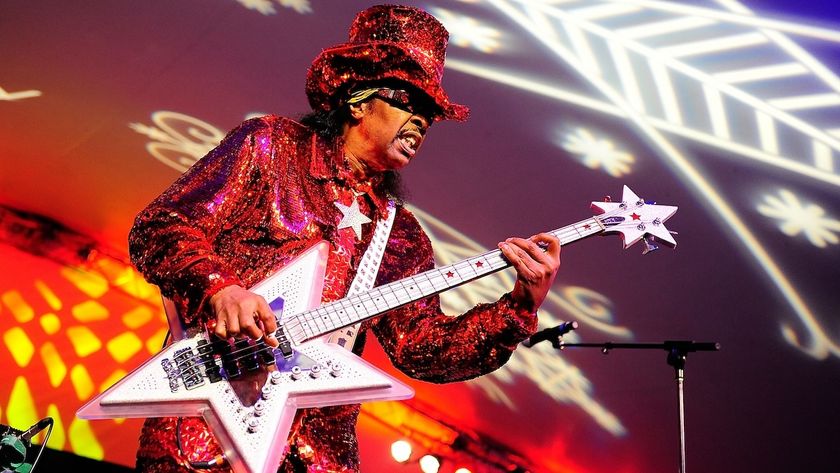
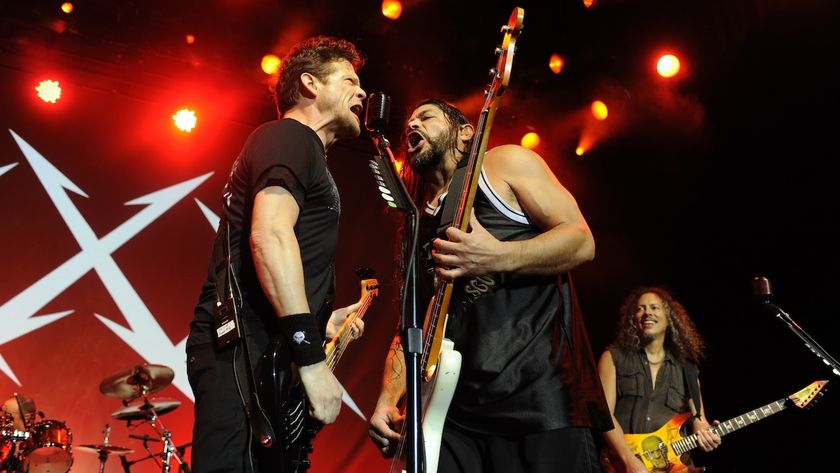
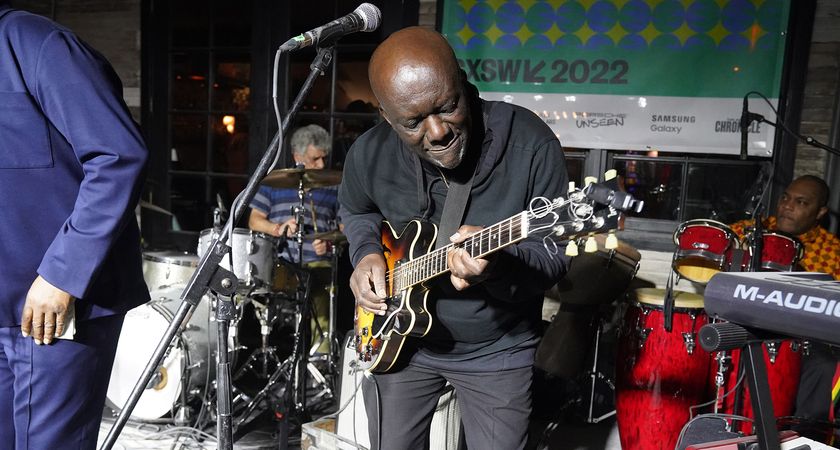
![[L-R] George Harrison, Aashish Khan and John Barham collaborate in the studio](https://cdn.mos.cms.futurecdn.net/VANJajEM56nLiJATg4P5Po-840-80.jpg)
